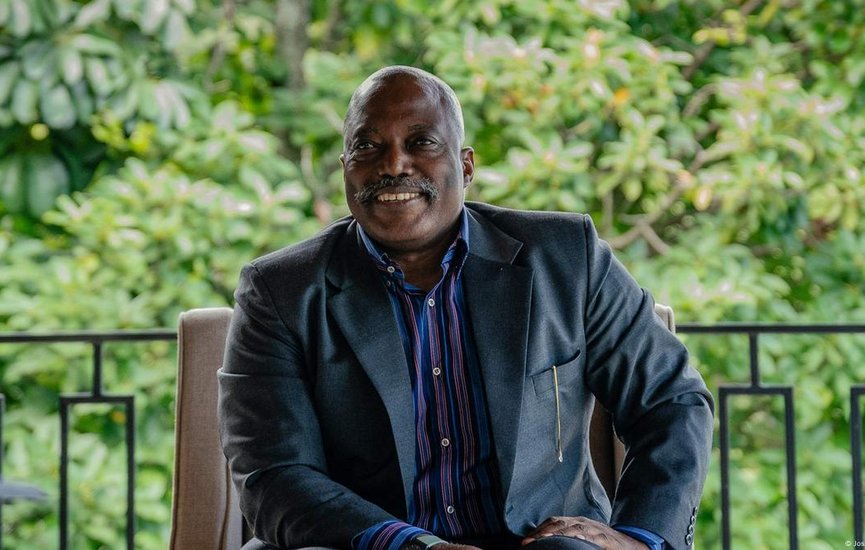A military court in Kinshasa’s Gombe district has formally launched treason proceedings against former President Joseph Kabila, marking the first time in the Democratic Republic of Congo’s history that a former head of state is tried by a military tribunal. Kabila, tried in absentia, is accused of supporting the Rwandan‑backed M23 rebel coalition, fueling serious charges including treason, murder, torture, rape, crimes against humanity, and plotting an insurrection after allegedly facilitating a military occupation of Goma and Bukavu.
Charges and Political Context
- Justice Minister Constant Mutamba announced the charges: Kabila is formally accused of participation in an insurrectionist movement, intentional homicide, treason, war crimes, rape, torture, and occupation of sovereign territory.
- The former president strongly denies all allegations, calling the justice system a "tool of oppression" and the trial politically motivated.
Immunity Stripped, Returns to Shadowy Exile
- In May 2025, Kabila's lifetime immunity as a senator for life was revoked by a near-unanimous Senate vote (88 in favor, 5 opposed), paving the way for prosecution.
- Allegations claim Kabila intentionally visited Goma and Bukavu—cities under M23 control—in an ill-fated bid to negotiate, triggering political outrage and the formal lifting of his immunity.
- Following the removal of immunity, Kabila delivered a 45-minute speech online denouncing the proceedings and reaffirming his dedication to Congo’s sovereignty and stability.
Regional Turmoil and International Dimensions
- Since January 2025, the M23 coalition has seized major eastern cities including Goma (27 Jan) and Bukavu (Feb 16), displacing millions in a conflict the UN says has killed thousands.
- The DRC government and Western diplomats have repeatedly accused Rwanda of backing M23 militantly—a claim Kigali denies—even as intelligence suggests otherwise.
- Amid escalating violence, regional powers and international bodies have pressured for peace talks. Angola is facilitating negotiations, while the U.S. pushes for a minerals-for-security agreement tied to foreign investment in DRC’s mining sector.
- Analysts warn that Kabila’s prosecution, and his alleged ties to M23, could intensify regional instability and threaten Congo’s fragile civilian-led governance.
What’s Next?
- The trial has been adjourned until July 31, 2025, leaving the outcome in limbo and the nation's politics on edge.
- If convicted, Kabila could face life imprisonment; the military tribunal may issue arrest warrants enforceable through regional networks.
Why It Matters
- Precedent: It's the first time a former DRC president is tried before a military court.
- Rule of Law vs. Political Retaliation: Supporters say it heralds justice; critics decry political vendetta.
- Regional Implications: With M23’s gains and Rwanda’s alleged involvement, the trial influences broader Great Lakes stability.
- International Stakes: The US and its allies seek peace tied to mineral contracts, and Kabila’s alignment with rebels complicates foreign engagement.
In Summary
This landmark trial tests Congo’s judicial independence and its political maturity. At its heart is the question: can a country move beyond impunity or will the courts become another battleground in its ongoing power struggles?
